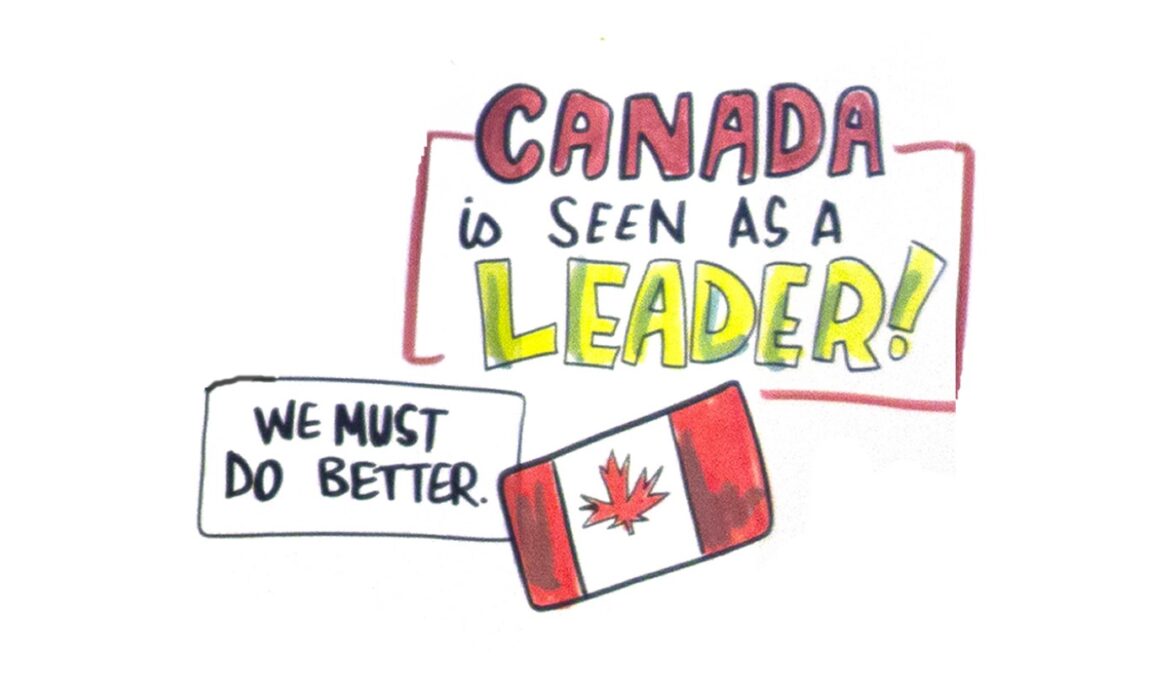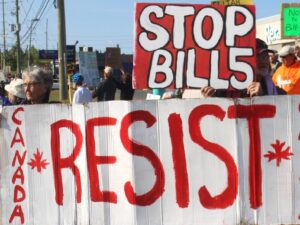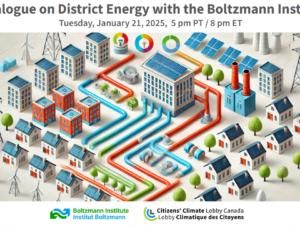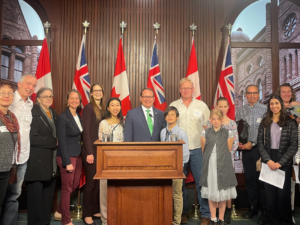
Posted November 1, 2023, and sent to ECD-DEC@ec.gc.ca To Whom It May Concern, Thank you for publishing the draft Clean Electricity Regulations (CER) in August. The draft CER establishes performance standards to reduce greenhouse gas (GHG) emissions from fossil fuel-generated electricity starting in 2035. We need clean electricity to support expanded electrification of transportation, buildings, and industry, helping Canada become a net-zero GHG emissions economy by 2050. The CER applies to fossil fuel electricity generating units with a capacity of 25 megawatts (MW) or greater. It would set a GHG emissions performance standard of 30 tCO2e/GWh (compared to 370 tCO2e/GWh for existing facilities in the current Output Based Performance Standard of the federal backstop carbon pricing system). The draft CER performance standard would apply starting: An exemption from the draft CER would allow the use of fossil fuel-fired units in emergency circumstances. The use of unabated fossil fuels (except coal), will also be allowed on a limited basis, such as for meeting additional generation requirements during periods of peak power demand. Citizens’ Climate Lobby Canada’s concerns and recommendations: The draft CER emission performance standard would come into effect only in 2035. This is too late. Interim targets are needed that are increasingly stringent to ensure the electricity sector does move to net-zero. The draft allows fossil gas plants with carbon capture to operate past 2035. There are as yet no commercial gas plants with carbon capture operating anywhere in the world. This sets us up for expensive failures. The application of the draft CER could be delayed for newer generating facilities commissioned before January 1, 2025. This will wrongly incentivize the construction of fossil gas generation facilities before 2025 as is happening in Ontario. A peer-reviewed paper from Dr. James Hansen is due out soon which is very alarming. It is titled Global Warming in the Pipeline (non-peer review version linked). Simply put, there is a lot more global warming in the pipeline than reported in the IPCC. This is because the IPCC relies heavily on models and is missing data on SO4 molecules in the atmosphere. Hansen and his team focus on paleoclimate history, models, and current observations of climate change. This approach was used in Hansen’s 2016 paper “Ice Melt, Sea Level Rise, and Superstorms”. The IMF reported on October 3, 2023, that countries that rely on subsidies to address the climate crisis risk a debt crisis. High debt, rising interest rates, and weaker growth prospects will further make public finances harder to balance. Instead, keep strengthening and improving the Greenhouse Gas Pollution Pricing Pricing Act. We propose the removal of fossil gas-powered electricity from the output-based carbon pricing system. These actions would ensure that major polluters pay their fair share and avoid unfairly shifting the burden of decarbonization onto the rest of us. This would also level the playing field and incentivize solar and wind energy. In conclusion, we cannot build any new fossil fuel infrastructure, and we must pivot even faster away from fossil fuels than IPCC and IEA recommendations. We strongly recommend removing fossil gas-powered electricity from the output-based carbon pricing system, moving to the fuel charge, enacting carbon border adjustment mechanisms, and not relying on unproven technologies such as Carbon Capture and Sequestration. Canada is seen as a leader, but we all must do better. Our Recommendations for Canada’s Clean Electricity Regulations












